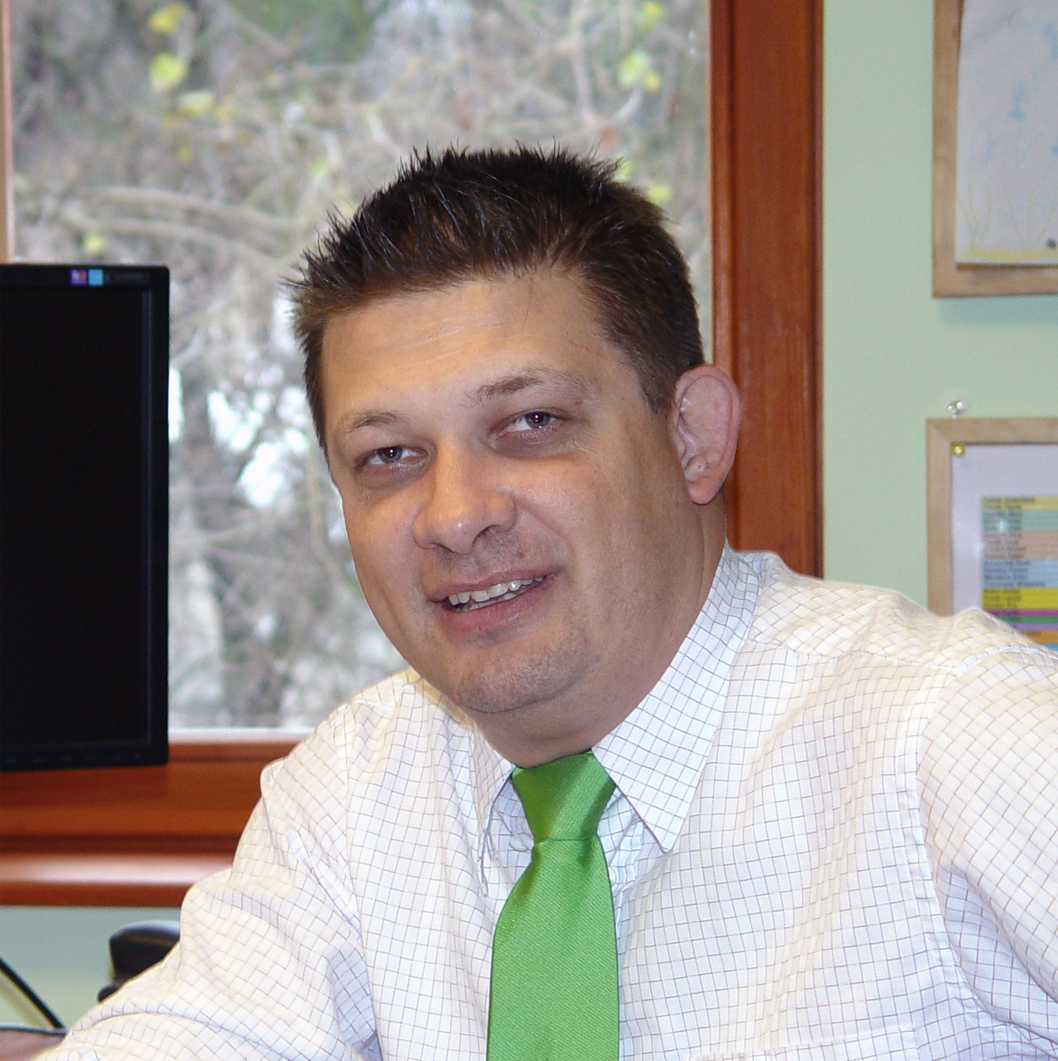Prof. Dr. Béla Urbányi - MATE Research
Overview
Béla Urbányi is a full-time professor at the Hungarian University of Agricultural Sciences. He holds a PhD degree in freshwater fish farming and fish genetics, and his academic doctoral thesis was on aquaculture.
During his academic career, more than 280 students (BSc. and MSc. level) have chosen the subject of fish farming and aquaculture in the department under his supervision since 2005. He is currently the supervisor/co-supervisor of 7 PhD students, while 10 PhD students have so far obtained their PhD degrees in aquaculture. Previously, he has been technical leader of two EU projects, currently one EU project, and coordinator of 36 completed and 4 ongoing national R&D&I projects.
He has published his research results in 235 peer-reviewed journal articles. Based on Web of Science/Scopus, the number of independent citations to his articles to date: 2534, Hirsch index 28. Co-author of 6 utility model applications in the field of aquaculture.
He is a member of several Hungarian and international organisations and regularly participates in national and international expert work. Active participant in several national and intergovernmental development and innovation investments.
His professional interests are nowadays focused on the general development of freshwater fish farming, the practical implementation of innovation and R&D results and the circular economy of the aquaculture sector.
Research keywords:
Publications
Bercsényi Miklós, Magyary István, Urbányi Béla, Orbán László, Horváth László Hatching out goldfish from common carp eggs: Interspecific androgenesis between two cyprinid species Genome: 41 4 pp 573-579 (1998), https://doi.org/10.1139/g98-087
Franz Lahnsteiner, B. Berger, Ákos Horvath, Béla Urbanyi, T. Weismann Cryopreservation of spermatozoa in cyprinid fishes, Theriogenology, Volume 54, Issue 9 (2000) Pages 1477-1498, https://doi.org/10.1016/S0093-691X(00)00469-6
Gábor Bordós, Béla Urbányi, Adrienn Micsinai, Balázs Kriszt, Zoltán Palotai, István Szabó, Zsolt Hantosi, Sándor Szoboszlay Identification of microplastics in fishponds and natural freshwater environments of the Carpathian basin, Europe, Chemosphere, Volume 216 (2019) Pages 110-116, https://doi.org/10.1016/j.chemosphere.2018.10.110
Katalin Bakos, Róbert Kovács, Ádám Staszny, Dóra Kánainé Sipos, Béla Urbányi, Ferenc Müller, Zsolt Csenki, Balázs Kovács Developmental toxicity and estrogenic potency of zearalenone in zebrafish (Danio rerio), Aquatic Toxicology, Volumes 136–137 (2013) Pages 13-21, https://doi.org/10.1016/j.aquatox.2013.03.004
Béla Urbányi, Ákos Horváth, Zsolt Varga, László Horváth, István Magyary, Ferenc Radics Effect of extenders on sperm cryopreservation of African catfish, Clarias gariepinus (Burchell), Aquaculture Research, 30 2 pp 145-151 (1999), https://doi.org/10.1046/j.1365-2109.1999.00313
Projects
iFishIENCi - Intelligent Fish feeding through Integration of ENabling technologies and Circular principle (grant number: 818036)
The granted H2020 project aims to achieve significant and ambitious growth in the aquaculture sector in a sustainable way. These goals can be achieved by developing new and more efficient production technologies, while these new techniques are minimizing the environmental footprints as well. The iFishIENCi project was started in 2018 with 16 partners from 7 European and +1 joined countries. (Partners: Malta-coordinator, Norway, Greece, France, Denmark, Spain, Hungary, and one production site in Laos). Hungary is represented in the project by Bajcshal Kft (formerly Győri Előre Fisheries Cooperative), Vitafort Zrt, and the Hungarian University of Agriculture and Life Sciences (formerly Szent István University).
The project is structured around the development of 4 new products:
• Digital data acquisition, analyses and AI control systems (Fish-talk-to-me; iBoss)
• New complex intensive fish rearing system (SmartRAS)
• Integration of waste recovery concept (Waste2Value)
• Testing of new protein sources (algae, yeast)
The main research task of the Hungarian partners is the development of new intelligent feeding technologies, which are included in the experimental implementation of the testing of new protein sources. Within the framework of these tasks, a procedure is developed in which researchers select African catfish lines for the optimal utilization of feed of a given composition. This work combines traditional breeding methods with state-of-the-art, DNA-based technologies. www.ifishienci.eu
GINOP-2.3.2-15-2016-00025 Innovative development of genetic resources and farming technology for our economically important commercial fish (catfish, carp, pikeperch), adapted to consumer needs
The project aims to improve the farming technology of three indigenous fish species, carp, catfish and perch, taking into account technological developments and consumer needs. The project brings together four leading indigenous fisheries research and education institutions to carry out the pilot development identified in the objective. The project will establish a live and a frozen gene bank for pikeperch and catfish. For pikeperch, the partners aim to develop a broodstock rearing system, industrial larval and juvenile rearing technology and distance education technology. For catfish, the project aims to develop a two-year combined rearing technology and a specially selected catfish broodstock. For carp, the most farmed species in the country, the consortium plans to carry out a number of very complex tasks to improve the efficiency and safety of production. https://palyazatok.uni-mate.hu/web/mate-pályázatok
NKFI (2020-1.2.4-TÉT-IPARI-2021-00011): Optimization and practical applications of new fish propagation methods for future of fish culture (2020-2024)
The new propagation methods developed by MATE researchers enable large-scale classical fish propagation procedures (e.g., controlled spawning, manipulated sperm) that were previously difficult or infeasible in induced spawning. The project partners guarantee the success of applying this new propagation method to economically important freshwater fish (pikeperch, African catfish) and marine fish (sea bass). This effort is supported by leading agricultural-focused universities (MATE and Akdeniz University), the research institute (MFRPTI), one of the most important fish processing and production companies in Hungary (V95 Ltd.), and the most significant aquaculture company in the Mediterranean (Kilic Holding). https://palyazatok.uni-mate.hu/web/mate-p%C3%A1ly%C3%A1zatok/2020-1.2.4-t%C3%A9t-ipari-2021-00011





